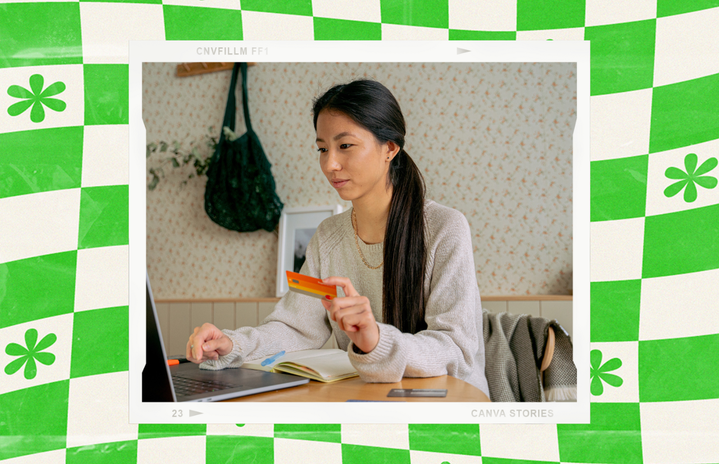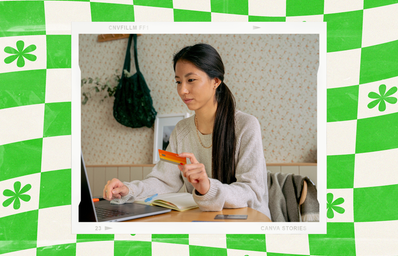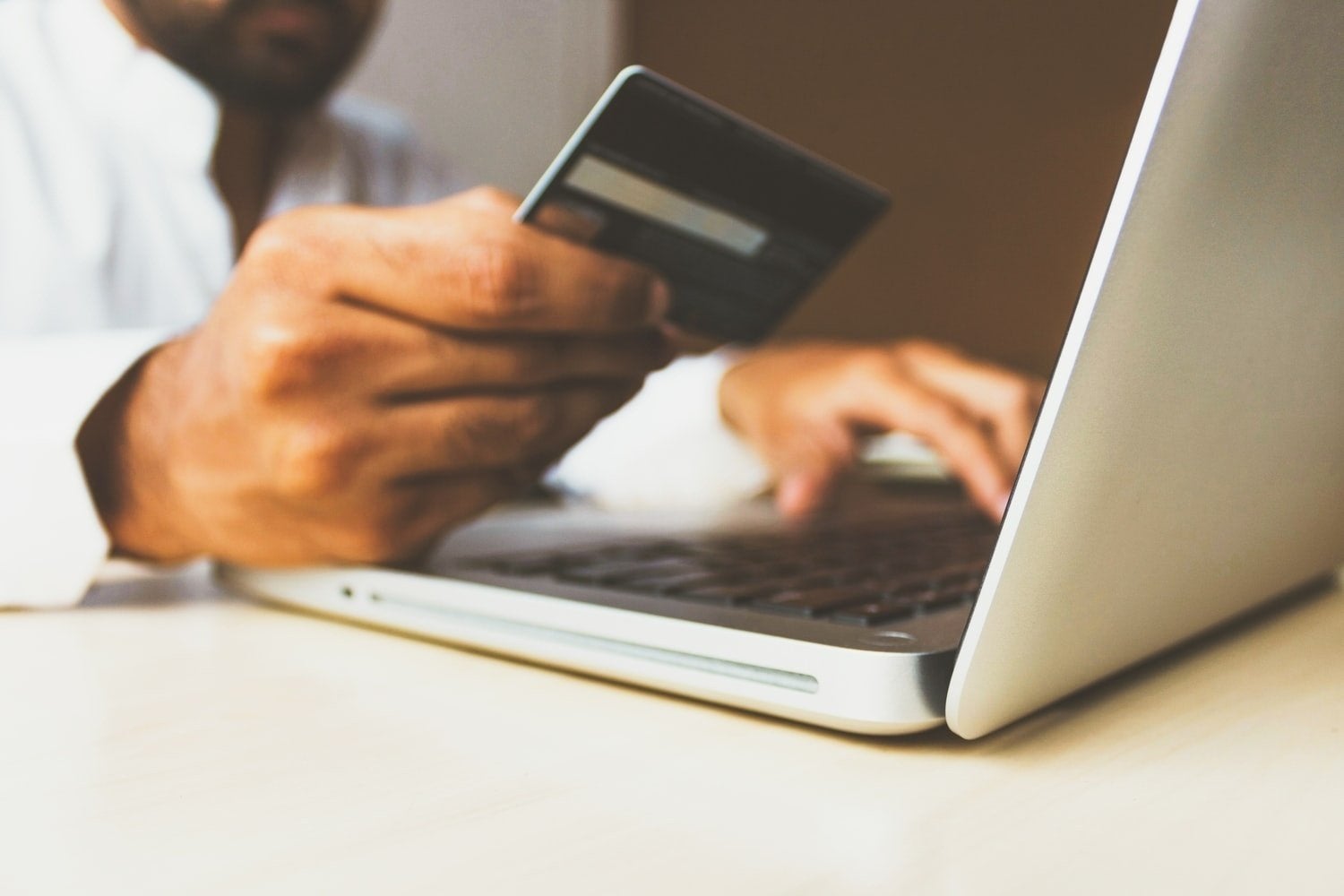When a person turns eighteen in America, they are allowed more freedom. They can vote, take out a loan, and even buy a credit card. For many people, getting a credit card can be enticing because you don’t have to pay for it immediately, and it’s a good way to build credit. There are many more things to think about before applying for a credit card, though, and things to keep in mind once you get one. I got my first credit card just over a year ago, and in that time I’ve learned a lot of things, so I’m going to share some of those with you.
- Stay on top of your payments.
While you don’t have to pay off the card immediately after you use it, it’s important to pay it off regularly. If you don’t, it can be incredibly easy to lose track of how much you’ve spent and end up with a hefty bill at the end of the month. Also, if you get behind and aren’t paying your credit card bill before it’s due, it can really hurt your credit score (which can affect your ability to take out loans, get a mortgage, get insurance, and more). Personally, I try to pay my card off every week to avoid getting behind.
- Don’t use it for everything!
Using your credit card for every purchase you make can be dangerous. When you can’t see your bank account balance going down in real-time, it’s super easy not to think about how much you’re spending, especially when you’re a college kid on a budget. If you’re worried about this type of thing, using your credit card only for things like gas, groceries, or monthly payments can help you make sure you’re not spending too much but are still able to build up your credit.

- Cash back is an amazing thing.
Many credit cards these days offer cash back, which is where a certain percentage (usually 1-5%) of the purchases you make is given back to you. For example, with the Discover Student card (which is what I have), every purchase gets 1% cash back, but every few months they offer 5% cash back at places like gas stations, grocery stores, or restaurants. I like to use cash back when I’m making payments on my credit card because it’s almost like a discount on the payment.
- Just because you have a high credit limit doesn’t mean you should use it.
With every credit card, you get a credit limit, which is the amount you can spend before paying it off. When you first get the card, it’s typical (especially for students) for the limit to be low—something like $1,000. As time goes on and you prove that you can use the card and pay it off responsibly, your credit limit can be raised. Unfortunately, regularly having a high balance can hurt your credit score. This is another reason I like to pay my card off every week—the running balance stays pretty low.
- Don’t spend money you don’t have.
This is probably the most important thing I’ve learned in my first year of having a credit card. It can be easy to use the card for things that you can’t necessarily afford at the time, but maybe plan to pay for it after you get your next paycheck. This is a dangerous game to play, though, especially if you’re using the card for other purchases in the meantime. If you aren’t careful, you might not actually be able to pay for it after that next paycheck, and you can get behind on payments easily.
If you’re a young adult thinking about getting your first credit card, I hope this has helped you out. It’s important to keep things like this in mind when you’re getting one and to use it responsibly. Credit card debt is a very serious thing, and can affect many other areas of your life. Overall though, having a credit card can be a great thing, as long as you’re spending responsibly.




